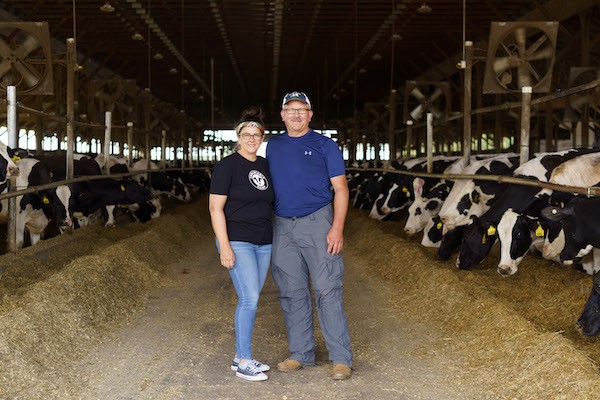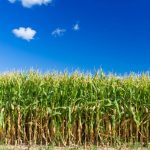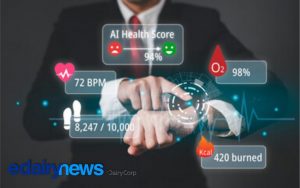
I have been a dairy farmer all my life. I was raised on a dairy farm, I married a dairy farmer and my husband, Duane, and I run the Ar-Joy Farms in Cochranville, Pennsylvania, where we milk 800 cows.
As our communities continue to manage the unprecedented change resulting from the COVID-19 pandemic, a topic that continues to be top of mind is the environment.
In fact, many see climate change as the next global pandemic, believing the long-term health of people is directly related to the health of the planet. A Futerra survey showed 58 percent of Americans believe we should respond to climate change with the same urgency as we have responded to coronavirus.
The Innovation Center for U.S. Dairy has set new environmental stewardship goals to further the progress and commitment that dairy farmers and the broader dairy community have always had to responsible production. Goals to be achieved by 2050 focus on:
- Becoming carbon-neutral or better
- Optimizing water use while maximizing recycling
- Improving water quality by enhancing use of manure and nutrients
The Net Zero Initiative is an industry-wide effort that will play a key role in helping U.S. dairy continue to make progress toward greenhouse gas emissions reductions and significant improvements in water from field to farmgate through new technologies and practices in feed production, cow care, energy efficiency and manure management. In other words, Net Zero is the “how” behind the goals, especially when it comes to helping all size farms continue to adopt sustainable practices.
Whenever I share the vision of this work, I find that it’s effective to emphasize what the Net Zero Initiative is.
The Net Zero Initiative is:
- A pathway for all farms to contribute in ways that are right for their business.
- About providing opportunities for farms of all sizes to benefit and adopt technologies and practices while creating revenue streams.
- An effort that considers a range of technologies and practices on farms of varying sizes, designs and geographies — it is not a one-size-fits-all approach.
Every day as dairy farmers we impact the land, water and air. But, as good environmental stewards, we use practices and technologies not just to minimize our impact but to sequester carbon, reduce water loss and improve water quality.
That’s our vision: Dairy is an environmental solution.
We don’t yet have all the answers, but we know we must start working today to build our collective path toward this brighter future. That’s why the Net Zero Initiative matters. It will focus on enabling farmers to expand the use of practices and technologies that can benefit their farm and the environment, while strengthening our position in the global marketplace. Together, dairy farmers have put a solid stake in the ground around sustainability, and together the U.S. dairy industry will become a sustainability success story for other industries to follow.























